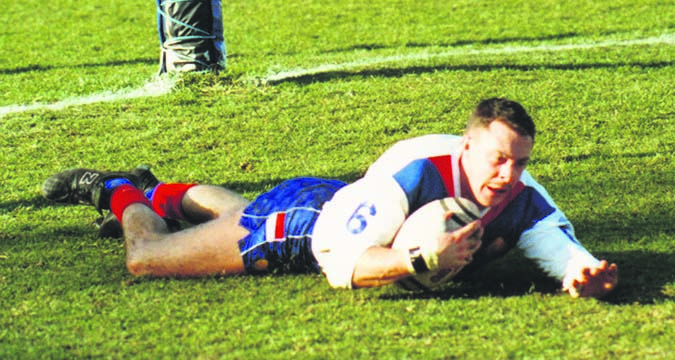 A try scoring machine in the ‘eighties and a playmaking supremo of the ‘nineties, Garry Schofield is one of a tiny number of British backs of the last half-century to take his club form to the international stage on a regular basis.
Equally brilliant in the colours of Hull, Balmain, Leeds and Great Britain, Schofield won the Golden Boot, is
A try scoring machine in the ‘eighties and a playmaking supremo of the ‘nineties, Garry Schofield is one of a tiny number of British backs of the last half-century to take his club form to the international stage on a regular basis.
Equally brilliant in the colours of Hull, Balmain, Leeds and Great Britain, Schofield won the Golden Boot, is Rugby League Heroes: Garry Schofield
 A try scoring machine in the ‘eighties and a playmaking supremo of the ‘nineties, Garry Schofield is one of a tiny number of British backs of the last half-century to take his club form to the international stage on a regular basis.
Equally brilliant in the colours of Hull, Balmain, Leeds and Great Britain, Schofield won the Golden Boot, is
A try scoring machine in the ‘eighties and a playmaking supremo of the ‘nineties, Garry Schofield is one of a tiny number of British backs of the last half-century to take his club form to the international stage on a regular basis.
Equally brilliant in the colours of Hull, Balmain, Leeds and Great Britain, Schofield won the Golden Boot, is 